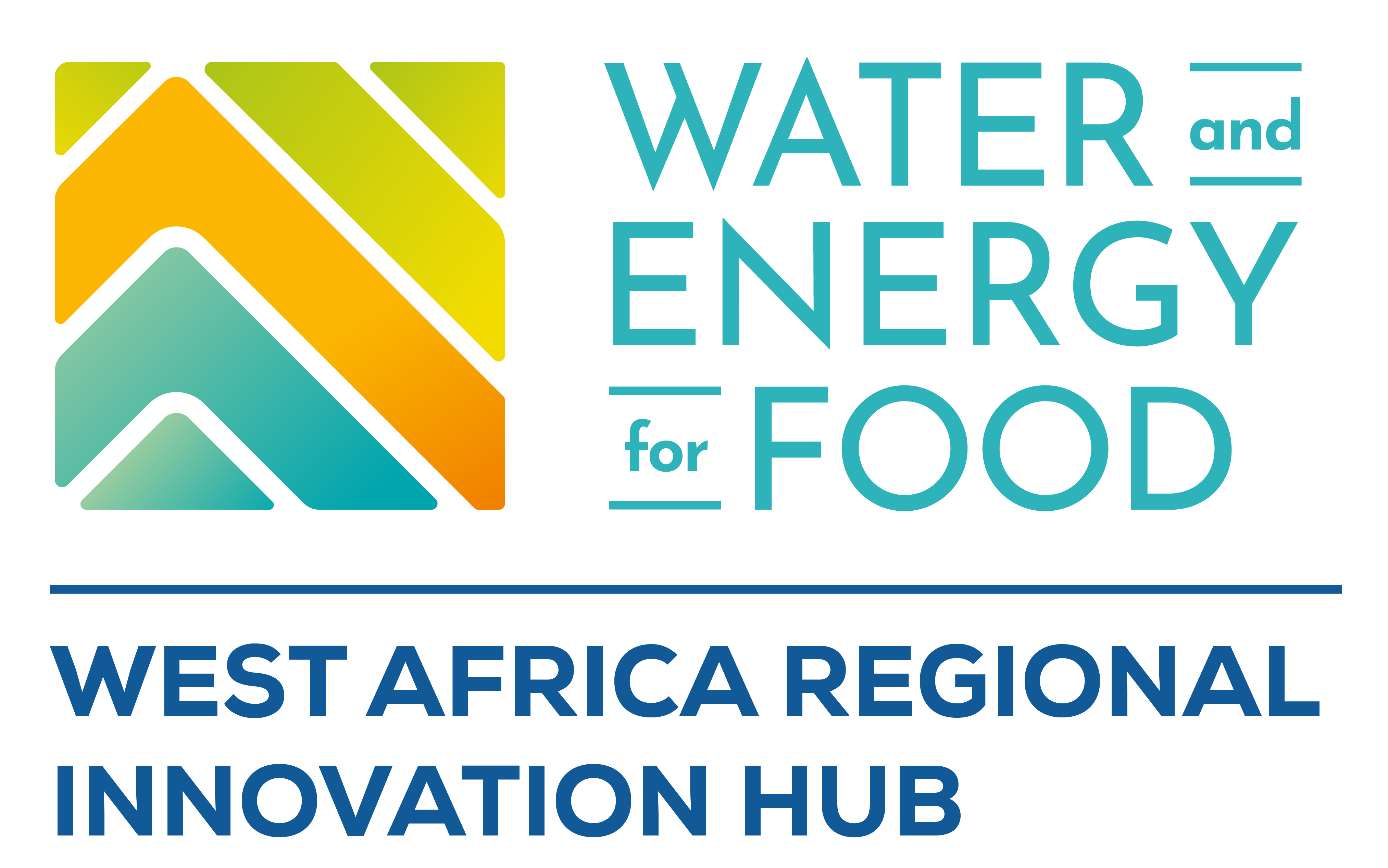Context
The agri-food sector occupies a crucial place in West Africa with more than 55% of the rural population deriving most of its resources from agricultural activities. Thus, small-scale farmers are key players in this sector and contribute to 70% of the food needs of the African continent. However, they are faced with a decline in their productivity, which particularly impacts women and youth. Rampant demographics (the population in West Africa is expected to double by 2050) and the effects of climate change are increasing the threat to productivity and require the development of a more sustainable agricultural sector to ensure food security throughout the region and decent incomes for smallholders.
Thus, the foundation of a more productive and resilient agri-food sector will also be based on the efficient use of water and energy throughout the agri-food value chains. Numerous innovations already exist in West Africa that directly address these challenges. The large-scale dissemination of these innovations will require capacity building, both technical and commercial, for the entrepreneurs who develop them, and will thus make it possible to increase food production.
TOWARDS A SUSTAINABLE AGRICULTURE THAT RESPECTS THE ENVIRONMENT AND RESOURCES
West Africa and the Sahelian region are strongly impacted by climate change, which is reducing the availability of natural resources and increasing the pressure on these resources, which are essential for agricultural activities.
Water resources are subject to great spatio-temporal variability, which requires control of their use for agricultural activities. The rate of access to energy in West Africa is 42% of the total population (and remains one of the lowest in the world) and implies a certain energy vulnerability of the region (and the urgent need for reliable energy sources). In this context, it seems essential to promote innovations that allow for water and energy savings in order to ensure food production and the satisfaction of needs.
